Introduction

This is a no brainer to identifying scooters in India – if it is small, multi-coloured and lightweight, then it’s a ‘Scooty’; and if it is big, dull and utilitarian then it is the ‘Activa’. Everything else sold in these segments are looked at as if they are just other versions.
The new TVS Jupiter faces the same issue in the 110cc segment where it takes-on the Honda Activa. The only advantage it has is TVS’ past experience in scooter market. The Wego is a brilliant scooter and the Jupiter uses the same platform with few other additions that should make it more potent.
We spent some time with the TVS Jupiter trying to figure out if it had enough to topple the Activa or is it just another addition to the already overcrowded segment.
Looks and Styling

The TVS Jupiter is a contemporary looking scooter with a perfect balance of simplistic design and sharp styling. It is big and almost on par with Honda Activa in size, but thankfully is lot more pleasing to the eyes. Also the design from no angle is feminine and so the Jupiter should not be typecast like its ‘Scooty’ badge.
The front of the Jupiter has vertical creases, which along with the turn-blinkers lend it a very sleek look. The triangular air vent is a bit quirky, but generally goes unnoticed in the bigger picture. The trapezoidal headlamp is big and does more than a decent job at night.

The side profile of the Jupiter is a bit disappointing – not that it has any serious design flaws, but it is just too ordinary. Coming to the rear, the first thing you will notice is the fuel filler cap – just like for the Wego, TVS has given it an external fuel filler cap that is convenient. The angular tail lamp gets LED lights and is surrounded by similarly shaped clear lens indicators. The silver coloured grab rail is big and utilitarian, but somehow reminds me of the one on the Honda Activa.
Engine and Gearbox

The Jupiter is powered by the same engine from the Wego with a displacement of 109.7cc. The four-stroke single-cylinder unit delivers 8PS at 7,500 rpm and 8Nm at 5,500 rpm. TVS has worked on improving the engine and the results are visible on this scooter – the fuel efficiency has improved, the vibrations have reduced and it is also quite silent.
The gearbox has been tweaked to deliver more low and mid-end torque and the Jupiter has a surprising amount of thrust. Zipping through city traffic is absolutely no issue and there is enough power on tap for that tricky overtaking manoevure . The Jupiter is also resolute on the highways, it can cruise at around 80kph and has just about enough braking power to not make you uncomfortable – although a disc brake will certainly be a welcome addition.
The Jupiter comes with an ‘Econometer’ – something that is supposed to assist you with fuel efficiency. It is not a new concept; the instrument cluster has two indicators Eco and Power and they tell you if you are riding in an efficient manner. The green light on the ‘Eco’ meter is on till you are gentle with your throttle and ride under 50kmph. Similarly the ‘Power’ light will be on every time you yank the throttle or simply cross 50kph. TVS claims that the Jupiter delivers the best-in-class mileage of 62 kmpl under standard conditions – while we managed 45kpl despite our adventurous riding.
Ride and Handling

The riding stance of the Jupiter is quite comfortable – you sit upright with hands running parallel to the ground and that makes for an easy ride both in cities and on highways. The seat is large enough for two averaged sized adults and the suspension is designed to carry similar amount of weight.
The front-advanced telescopic suspension and gas-charged shock at the rear provides ample amount of damping. Even on really bad roads, the Jupiter maintained its composure – not that I was doing high speeds, but it went through almost everything that Mumbai roads had to offer, without much complaint.

With comfortable ergonomics and a well-tuned suspension, the handling of the Jupiter is exceptionally good. Add to it, the sticky 12-inch TVS Consta 550 tubeless tyres and you have a potent little toy for city roads in dry conditions. We won’t trust these tyres in wet conditions though.
Like I said before, braking despite the drum brakes is very effective. Both front and the rear get 130mm drums and the rear brakes take close to 80 per cent of the responsibility of stopping the bike. During the test, we managed to lock the rear wheel quite a number of times. The disc-brake variant is on the way, but this one is more than sufficient for city commuting.
Instrument Cluster and other features

The instrument cluster is well laid out – the indicators and numbers are bold, even the backlight is bright and that makes it easy to read the numbers under lights. TVS has concentrated on minute details, which in turn enhances the rider’s experience. The console has an integrated pass switch, the instrument cluster provides detailed information including trip meter, Econometer, fuel indicator, low fuel indicator, pass light and indicator for the headlamps. I just wish that the plastic bits around were of better quality.

The hooks between the handle and the seat are retractable, it is not a big value addition but an example of TVS’ efforts on getting even the minor bits right. The Jupiter can accommodate 17-litres of storage under the seat, which is more than enough to fit in a half face helmet, documents and may be even stuff from grocery stores for guys. You can also retro-fit a mobile charging point (you should!) under the seat storage space which is a good value addition for most of us who own use smartphones.

At 375mm, the Jupiter has the best leg space amongst all the scooters. Now that does not matter so much to me, but it will certainly work in advantage of taller riders.
Verdict

The Jupiter is a matured product. The performance is impressive and that is without compromising on the efficiency. The features list is also quite exhaustive with the pass-by switch, tubeless tyres, optional mobile-charging point, Econometer and LED tail lights. It may not be a looker, but is certainly not as bad as its competition. The ride, handling and braking are superlative and that makes it a very sensible option for daily commute and an even occasional run on the highways.
Let us make things simple – Is it better than its rival, the Honda Activa? Definitely yes! And at Rs 46,534 (ex-showroom Pune) it is also Rs 3,000 cheaper than the latter. The second question is – will it sell? Now that depends upon you folks, if you are will to give the other scooters a chance.
Gallery
1/24
Double Tap to Zoom











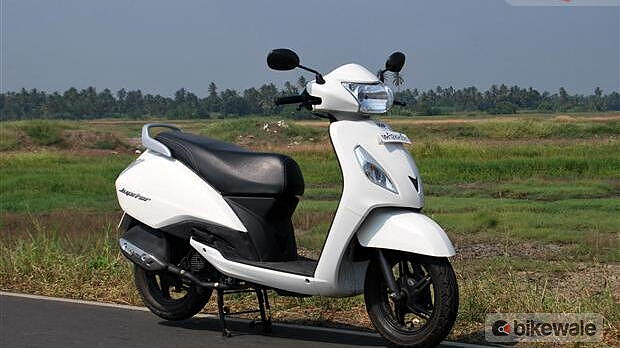






















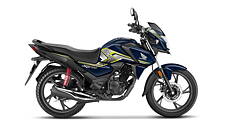
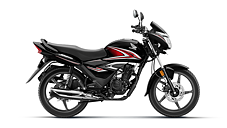

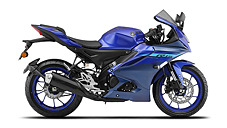
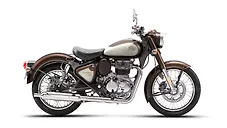

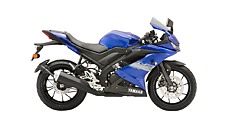
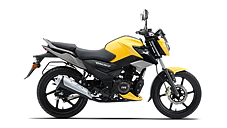
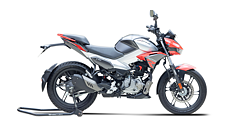
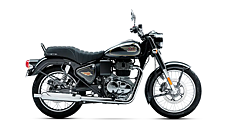
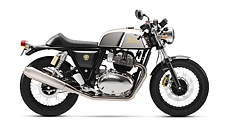
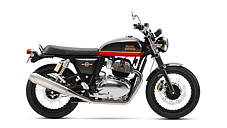
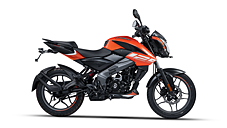




























































![KTM 390 Adventure X [2025] KTM 390 Adventure X [2025]](https://imgd.aeplcdn.com/272x153/n/cw/ec/190885/390-adventure-x-2025-right-side-view.jpeg?isig=0&q=80)